Caretakers of a disputed land
The Turkana have long lived as nomadic herders in East Africa's Ilemi Triangle. But drought has forced them to seek new trades and confront old rivalries.

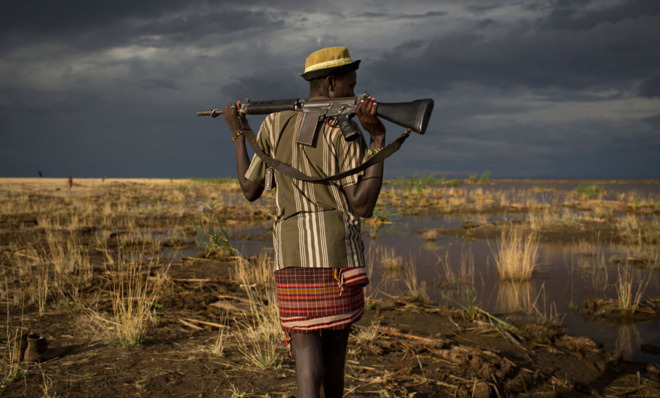
A free daily email with the biggest news stories of the day – and the best features from TheWeek.com
You are now subscribed
Your newsletter sign-up was successful
In East Africa, in a nook at the northern tip of Kenya between South Sudan and Uganda, there lies a disputed region called the Ilemi Triangle. South Sudan and Kenya both claim it, but so do the people who have always called this land home. They include the Turkana, a small, traditionally nomadic group of herders.
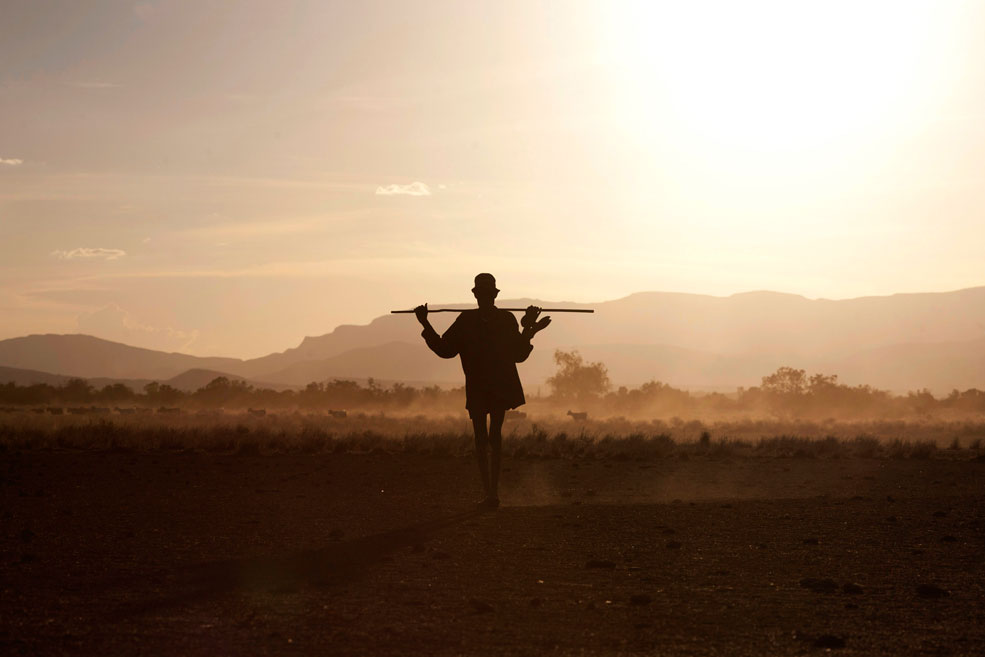
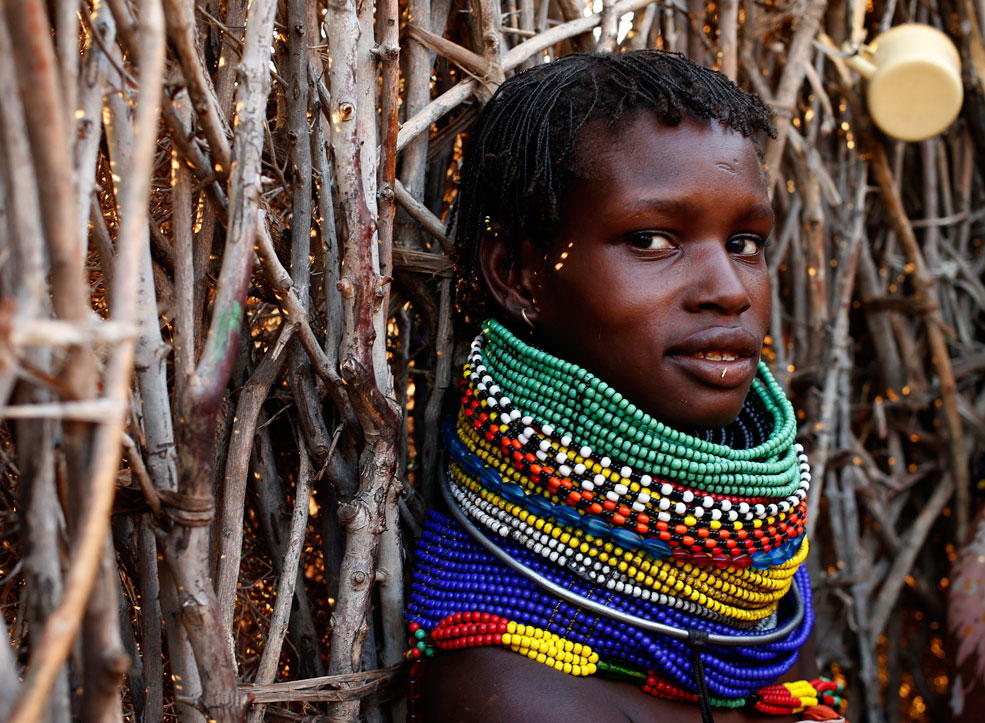
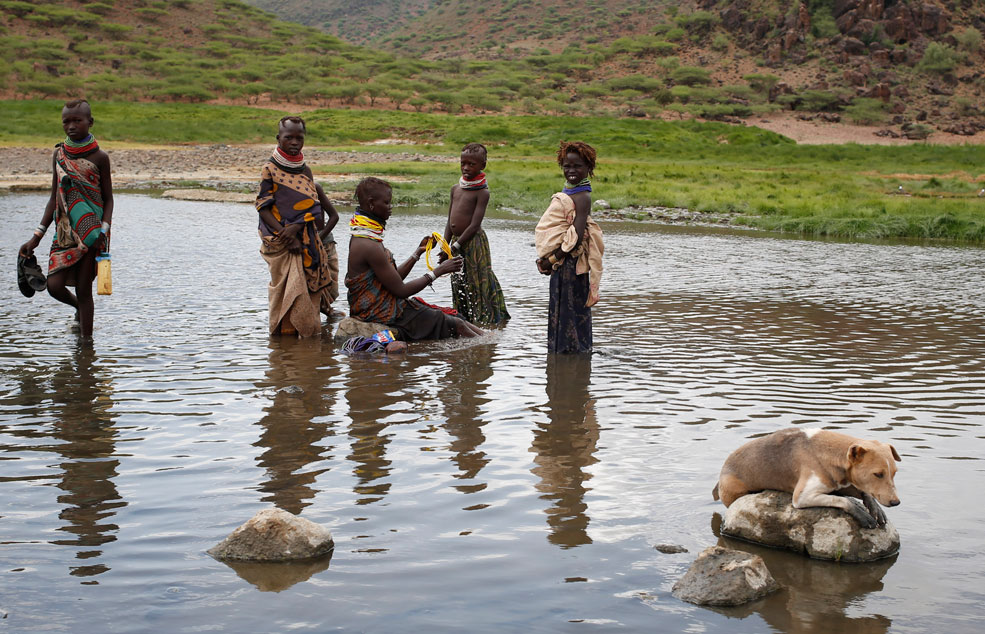
But a decades-long drought has forced the Turkana away from their original source of survival. Without rain there was no grass; without grass for grazing, many of the Turkana's herds withered away. So they set their sights on the fertile lake that gives them their name, Lake Turkana, the largest desert lake in the world.
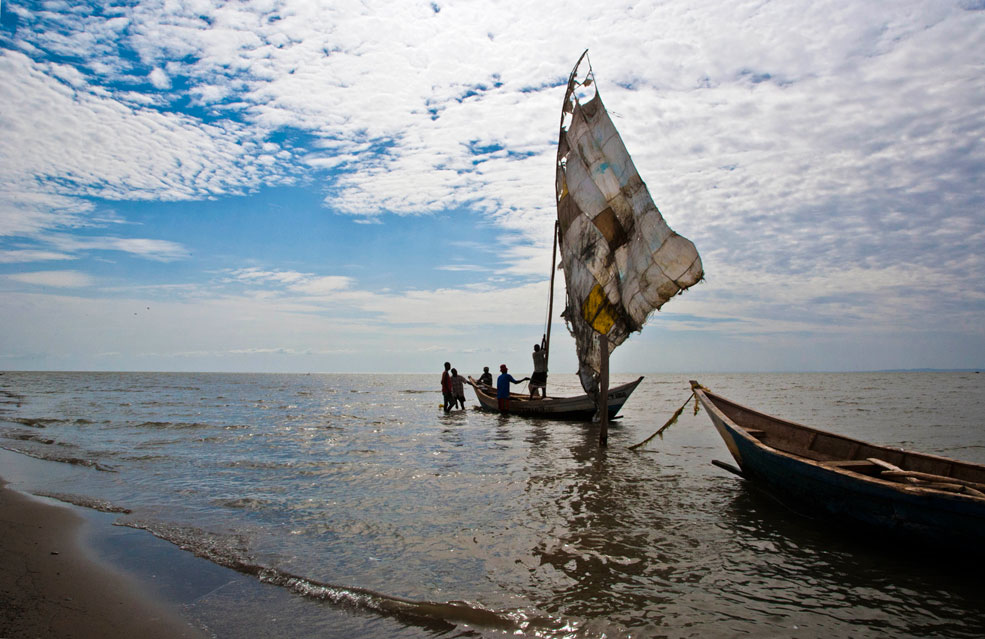
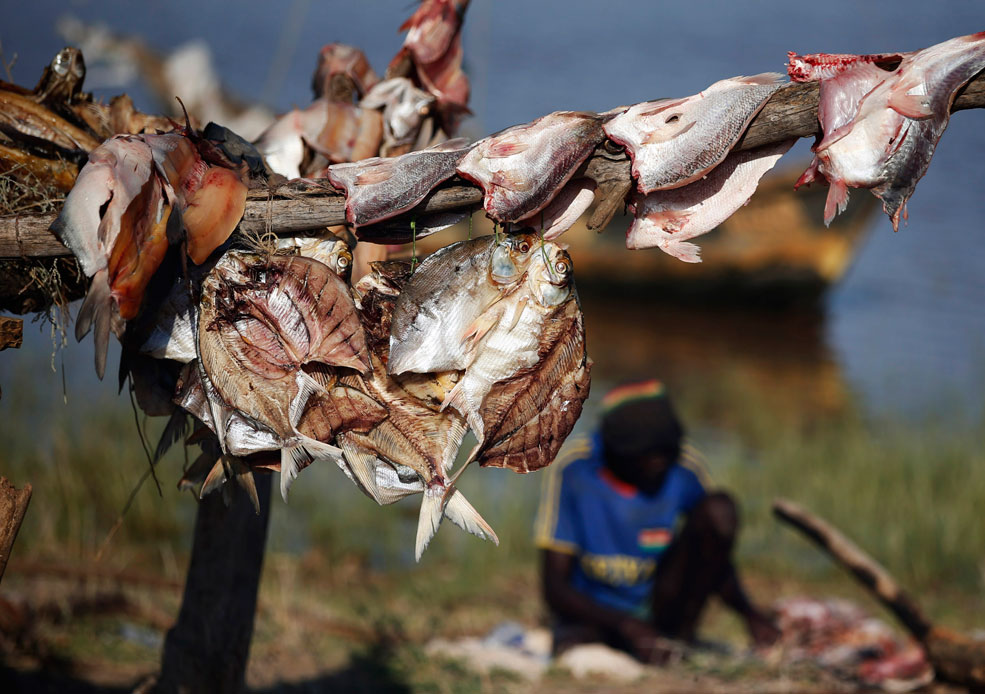
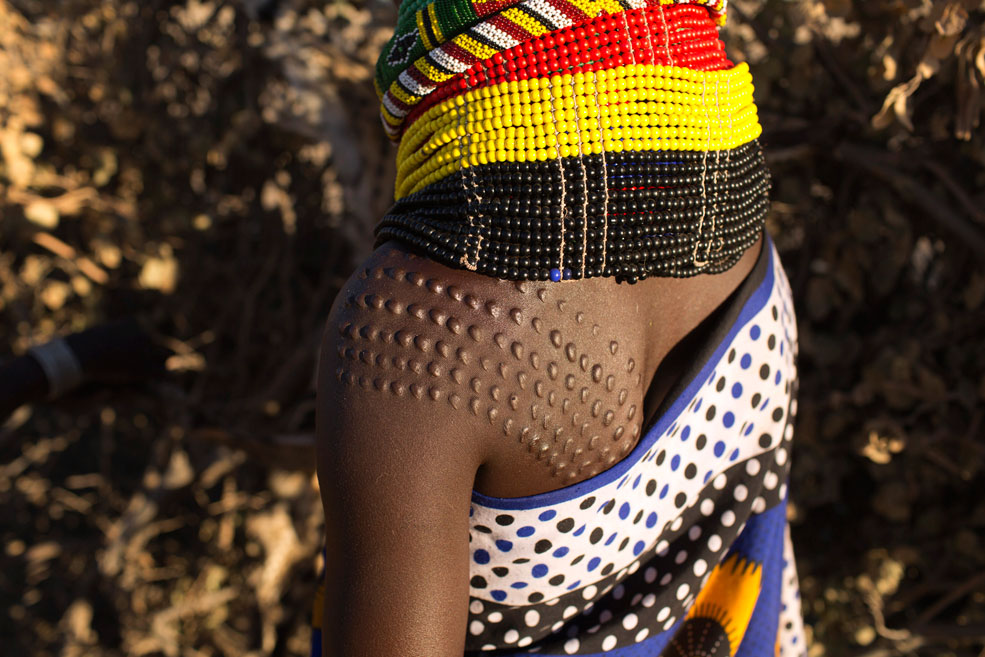
But the Turkana weren't the only community to tap into this new source of food. Their long-time rivals in the southwest of Ethiopia, the Dhaasanac, also found their livestock depleted and turned to fishing instead. Meanwhile, nearby regional conflicts have flooded the disputed land with modern weaponry. Now, young boys and men have traded their spears for automatic guns. With tensions high, survival at a premium, and arms at the ready, clashes have gone from violent to deadly.
The Week
Escape your echo chamber. Get the facts behind the news, plus analysis from multiple perspectives.

Sign up for The Week's Free Newsletters
From our morning news briefing to a weekly Good News Newsletter, get the best of The Week delivered directly to your inbox.
From our morning news briefing to a weekly Good News Newsletter, get the best of The Week delivered directly to your inbox.
"Before, they used (to) fight with spears and other rudimental weapons," Pius Chuchu, a Turkana leader, told Reuters. "Then came the single bullet carbines. Now, everyone has these modern guns such as AK-47s that even young boys can carry and use."
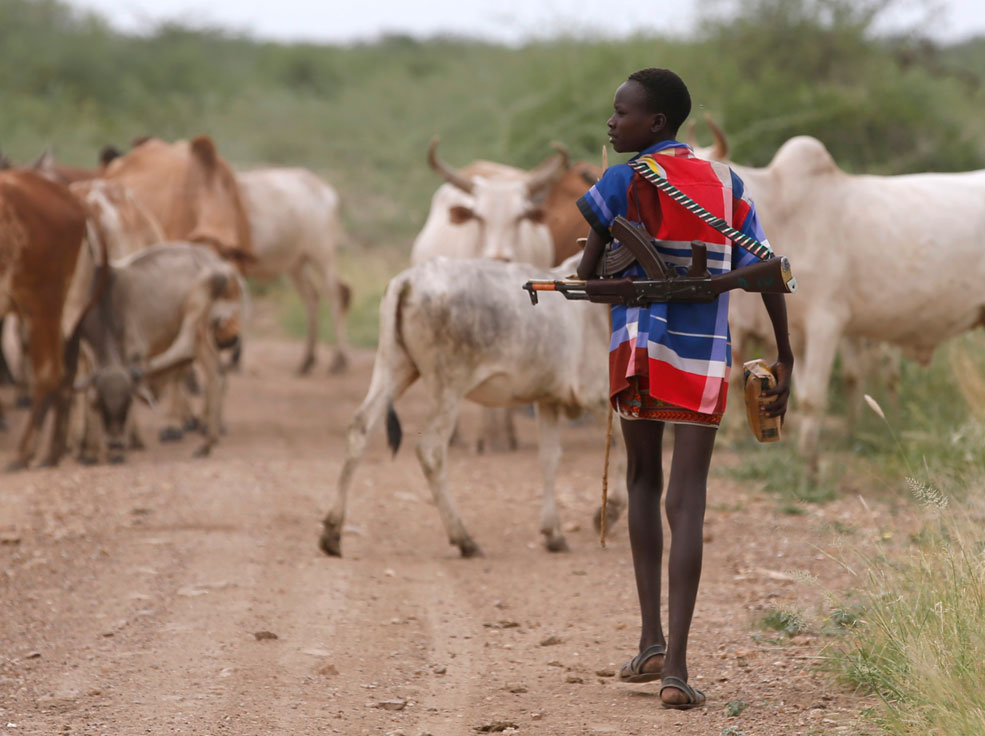
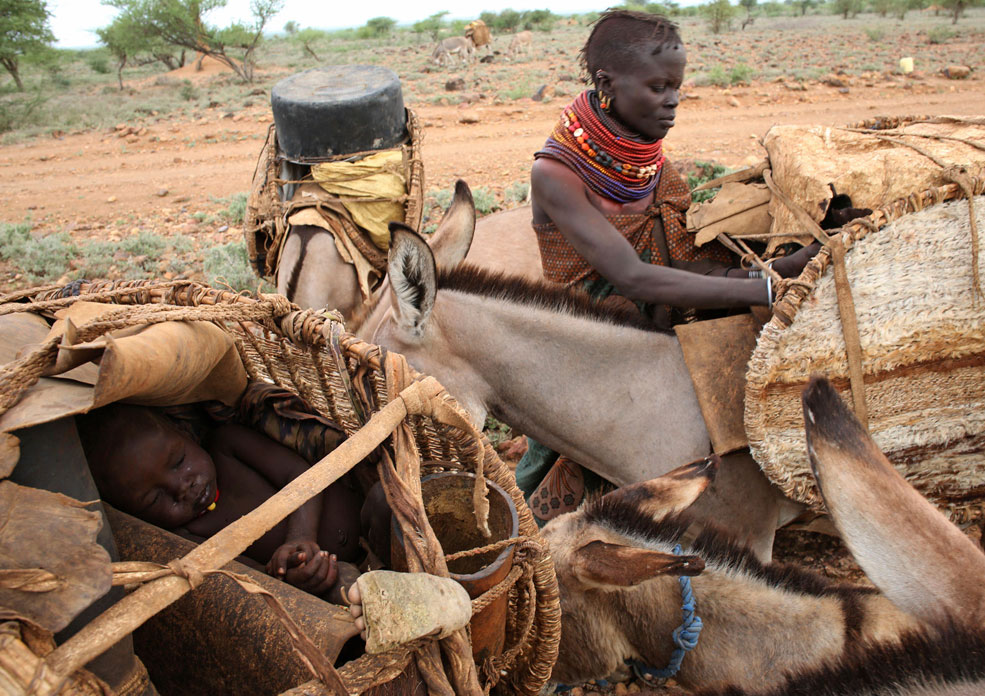
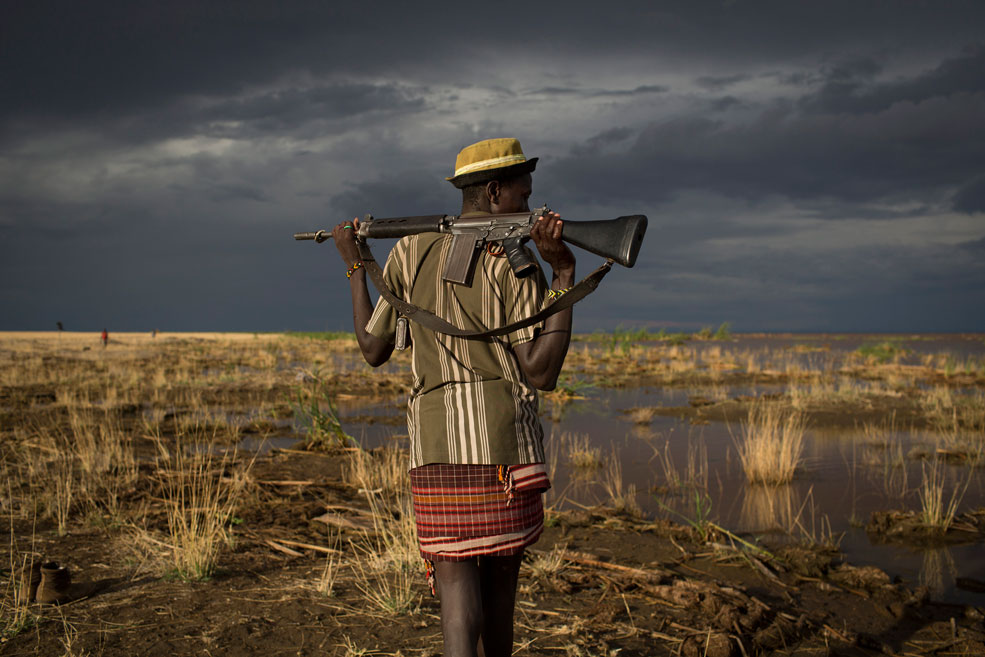
It's made a hard life that much harder; many fishermen set sail each day with a gun in the boat, to protect themselves from possible attacks. Yet in the pauses between violence, the quenching between droughts, life carries on.
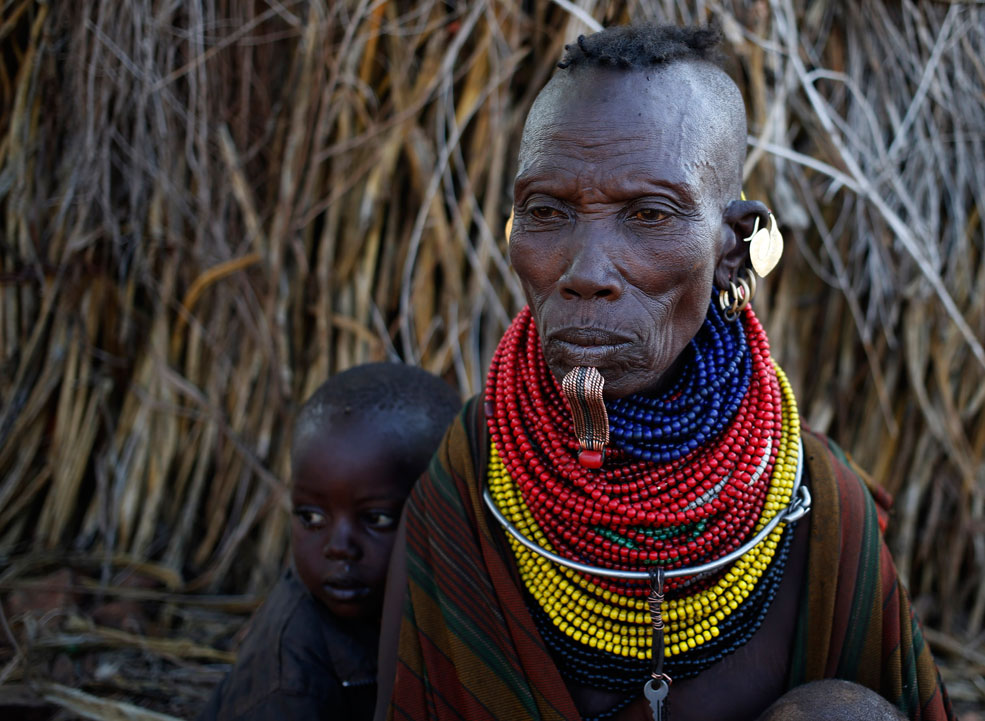
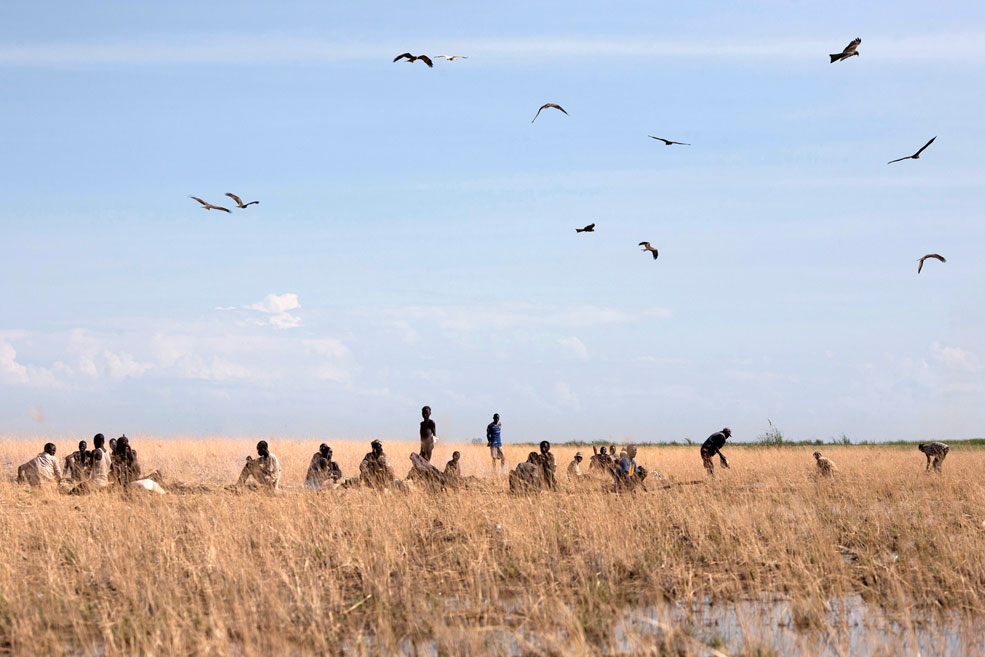
A free daily email with the biggest news stories of the day – and the best features from TheWeek.com
Sarah Eberspacher is an associate editor at TheWeek.com. She has previously worked as a sports reporter at The Livingston County Daily Press & Argus and The Arizona Republic. She graduated from Northwestern University's Medill School of Journalism.
